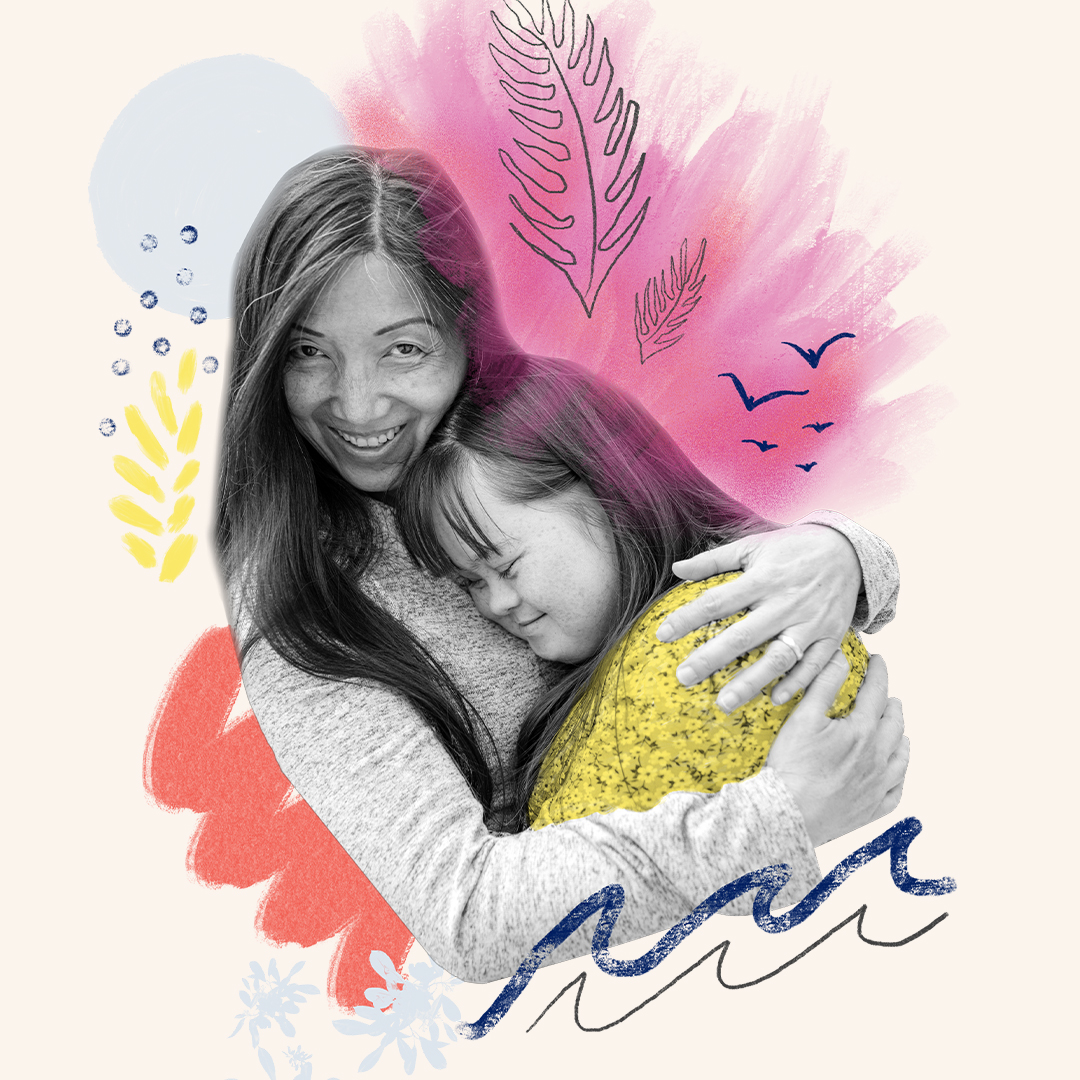Everyone has a need for connection and intimacy—it’s in our biology. As we grow and change, interest in relationships is part of the natural course of life. Throughout this development, it’s important that people are educated on how to engage in this area of life with safety, respect, and health in mind.
More often than not, individuals with disabilities are overlooked when it comes to being taught about sexual topics. But, intimacy is not exclusive. In fact, it can be extremely dangerous to obstruct people with disabilities from this kind of knowledge. Let’s explore why education on healthy relationships, consent, and sexual safety is imperative for people of all cognitive abilities.
Vulnerability in the Disability Population
Talking about sex can seem taboo or even uncomfortable, but it’s absolutely necessary. According to The Arc, “More than 90 percent of people with developmental disabilities will experience sexual abuse at some point in their lives.” In addition, SIECUS found that, “Anywhere from 40% – 70% of girls with disabilities will experience sexual abuse before they turn 18, while up to 30% of boys with disabilities are at risk of sexual abuse during the same period.” Why are individuals with disabilities more likely to experience this than their peers? Research finds that these bone-chilling statistics are due to a lack of education on anatomy, personal safety, and sexual relations in this population of individuals. People with disabilities are also taught to be compliant with others touching their bodies to provide personal care, no matter how uncomfortable this may be for them. Providing everyone with education—despite age or cognitive ability—can help reduce these horrifying cases.
Promoting Healthy Connection
When individuals with disabilities are not educated on topics such as appropriate behaviors and healthy hygiene habits, it can hinder them from reaching their fullest potential. When provided with this knowledge, individuals are more likely to live more independently, retain employment, and foster healthy relationships!
While general sexual education is crucial, it’s just as important to touch on subjects such as consent, communication skills, and how to behave in public vs. private settings. When people are taught about their own autonomy, as well as the autonomy of others, they are less likely to be taken advantage of, and more likely to create meaningful connections.
Covey Presents: Let’s Talk About It
Because Covey is devoted to the well-being, growth, and flourishment of individuals with intellectual and developmental disabilities, we are advocates for educating this population on healthy relationships, sexual safety, and bodily autonomy.
We have created an opportunity to address these topics in a safe, productive, and inclusive environment with qualified instructors. With the risk of these topics being viewed as “taboo”, we believe that these discussions are paramount. That’s why we named our new program, “Let’s Talk About It.” It’s time to empower these individuals to build a foundation for the development of healthy decisions!
What we’ll talk about:
- Informed decisions about one’s own body
- Consent and autonomy
- Preventing abuse
- Sexual safety
- Internet, social media, and communication
- Healthy relationships
- Hygienic habits
- Appropriate behavior in private vs. public
- Advocacy tools
- And more!
For more information on this new program, contact us at 920-292-1127 or info@covey.org.

